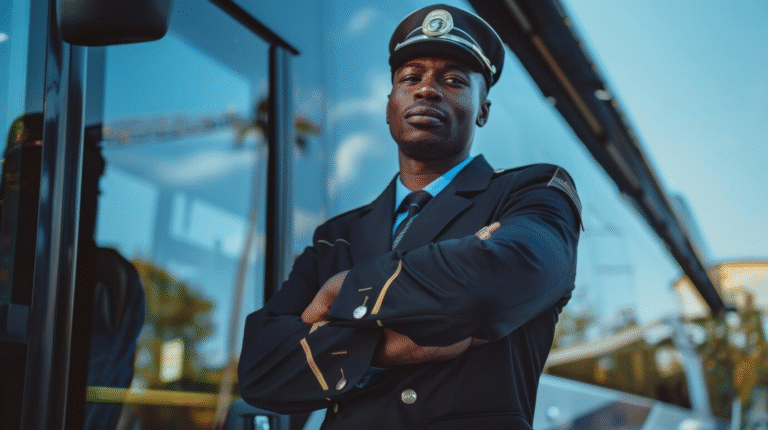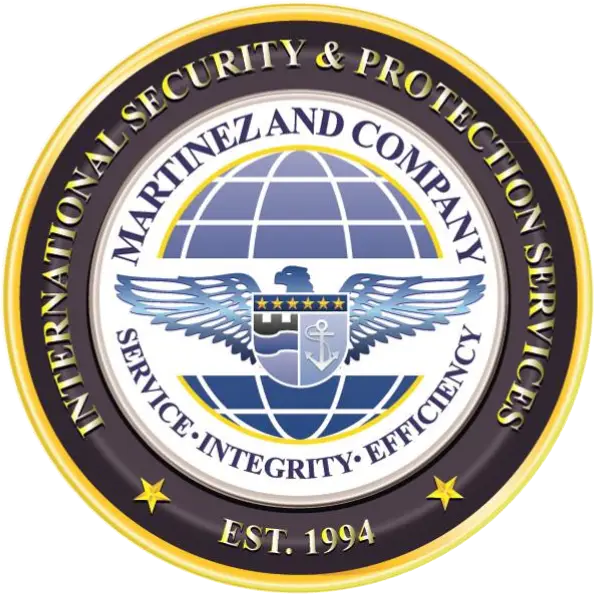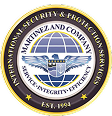
In today’s world, where international trade and shipping are crucial for the economy, maritime security plays a vital role in ensuring safe passage for goods and vessels. The term “maritime armed security” might sound like something out of a movie, but it’s a critical part of how we protect ships, crews, and cargo while navigating the oceans. Whether you’re a seasoned sailor or just curious about how maritime security works, you’re in the right place to understand what it’s all about.
Let’s dive into the details and see how maritime armed security helps keep our seas safe.
What Is Maritime Armed Security?
Maritime armed security involves the use of armed personnel and security protocols to safeguard ships and vessels as they move through international waters. The role of these armed security teams is not just to protect against pirates, but also to prevent any potential terrorist attacks or threats that may arise while vessels are at sea. They ensure that ships can safely travel without the risk of hijackings, cargo theft, or other criminal activities.
These security teams typically consist of well-trained professionals, often former military or law enforcement officers, who are equipped with the necessary skills to handle maritime threats. Their presence is particularly important in high-risk zones, such as the Gulf of Aden, the Strait of Malacca, and other parts of the world where piracy has been a concern for many years.
The Role of Coast Guard Maritime Security
The coast guard plays a significant role in maritime security, working closely with armed security teams to ensure that the seas remain safe. While maritime armed security focuses on private vessels, the coast guard is responsible for protecting national waters and enforcing laws in those areas. Coast guards perform search and rescue operations, patrol coastal areas, and prevent illegal activities like smuggling and trafficking.
When it comes to maritime armed security, the coast guard’s role often overlaps with private security teams. Both work to create a safe environment for vessels, but the coast guard also ensures that international maritime laws are followed. They may assist armed security teams in deterring threats or in case of emergencies that require governmental intervention.
How Maritime Armed Security Works
Maritime armed security typically involves a combination of preventive measures and active intervention when necessary. Security personnel are stationed on board vessels, and their primary responsibility is to ensure that the ship remains protected from external threats. These personnel are trained in various defense tactics, including the use of firearms, non-lethal force, and other tools for countering piracy or other criminal activities at sea.
In addition to the physical presence of security personnel, maritime armed security also involves other technologies like radar systems, surveillance cameras, and communication tools to detect and respond to potential threats. With these technologies, security teams can quickly identify suspicious vessels, communicate with other ships, and alert authorities if needed.
Key Challenges of Maritime Armed Security
While maritime armed security is highly effective, it comes with its own set of challenges. One of the main difficulties is the vastness of the oceans. Unlike land-based security operations, which are confined to specific territories, maritime security must cover an immense expanse of water. This means that security teams must be able to operate over long distances and often in harsh, unpredictable weather conditions.
Another challenge is the constant evolution of threats. Pirates and criminals who target ships are becoming more sophisticated, making it necessary for maritime armed security teams to constantly adapt and improve their strategies. The rise of cyber threats is also an emerging concern, with hackers potentially gaining control over a vessel’s systems. As a result, maritime armed security teams must not only focus on physical security but also on protecting the digital infrastructure of ships.
The Importance of International Cooperation
One of the key elements of maritime armed security is international cooperation. The oceans do not belong to any one nation, and maritime threats often cross international borders. As a result, countries must work together to share intelligence, conduct joint operations, and ensure that the seas remain safe for global trade.
For instance, the United Nations Convention on the Law of the Sea (UNCLOS) provides a framework for international cooperation in maritime security. Through such agreements, countries can work together to patrol international waters, fight piracy, and ensure the safe passage of vessels across the seas. This cooperation extends to the use of coast guard maritime security forces, which often collaborate with international naval forces to ensure peace and security on the water.
How Maritime Armed Security Helps Global Trade
Maritime armed security is essential for the smooth operation of global trade. Over 80% of the world’s trade is carried by sea, and ships need to be able to travel safely without the threat of piracy or other criminal activities. By providing armed security, these teams help ensure that vessels can operate without fear of hijacking, which could cause significant financial losses and disrupt supply chains.
Without maritime armed security, international shipping would be far riskier, and the cost of goods would likely increase due to the added risks of piracy. The presence of armed security teams allows for the free flow of goods across the oceans, contributing to the global economy and helping industries thrive.
How Coast Guard Maritime Security Supports Safety at Sea
While maritime armed security focuses on private vessels, coast guard maritime security forces provide support on a national level. Coast guards patrol national waters to prevent illegal activities such as smuggling and trafficking, as well as protect vital resources like oil rigs and fishing areas. They also play a crucial role in rescue missions, responding to distress calls from ships that may be in trouble.
The combination of coast guard maritime security and private armed security teams helps create a comprehensive security system that keeps our seas safe. These forces work together to deter criminal activity, respond to emergencies, and maintain law and order on the water.
Protecting Our Oceans, Ensuring Global Trade!
Maritime armed security is an essential component of global trade, ensuring that the seas remain safe and free from threats. The role of armed security teams, combined with the efforts of coast guard maritime security forces, helps create a safer environment for international shipping. As threats to maritime safety evolve, so too does the need for sophisticated, cooperative security measures.
By investing in maritime security, we protect not only the vessels but also the global economy that relies on the safe passage of goods across the oceans. Now, it’s more important than ever to ensure that our seas remain secure, allowing the smooth flow of trade and maintaining the safety of all who navigate them.
FAQs
1. What exactly does maritime armed security do?
Maritime armed security teams protect ships from threats like piracy, terrorism, and cargo theft while vessels are in international waters. They provide both preventive measures and active defense to ensure the safety of ships and crews.
2. Who typically works in maritime armed security?
Maritime armed security personnel are often former military or law enforcement officers with experience in security operations. They are specially trained to handle maritime threats and respond effectively in high-risk situations.
3. How does the coast guard help with maritime security?
The coast guard provides national-level security, patrolling coastal waters, conducting search and rescue operations, and enforcing maritime laws. They work closely with private maritime armed security teams to ensure the safety of vessels and national waters.
4. What are some challenges in maritime armed security?
Challenges include the vastness of the oceans, evolving threats like sophisticated piracy, and emerging cyber risks that could compromise the safety of ships. Security teams must constantly adapt to these challenges to maintain safety.
5. Is maritime armed security only for certain regions?
While certain regions like the Gulf of Aden and the Strait of Malacca are considered high-risk zones, maritime armed security is used worldwide to protect vessels in both high and low-risk areas. The need for security depends on the specific threats in the region.
6. How does maritime armed security help global trade?
By protecting ships from piracy and criminal activity, maritime armed security ensures that vessels can safely transport goods across international waters. This helps maintain the flow of global trade and keeps costs down for industries worldwide.

